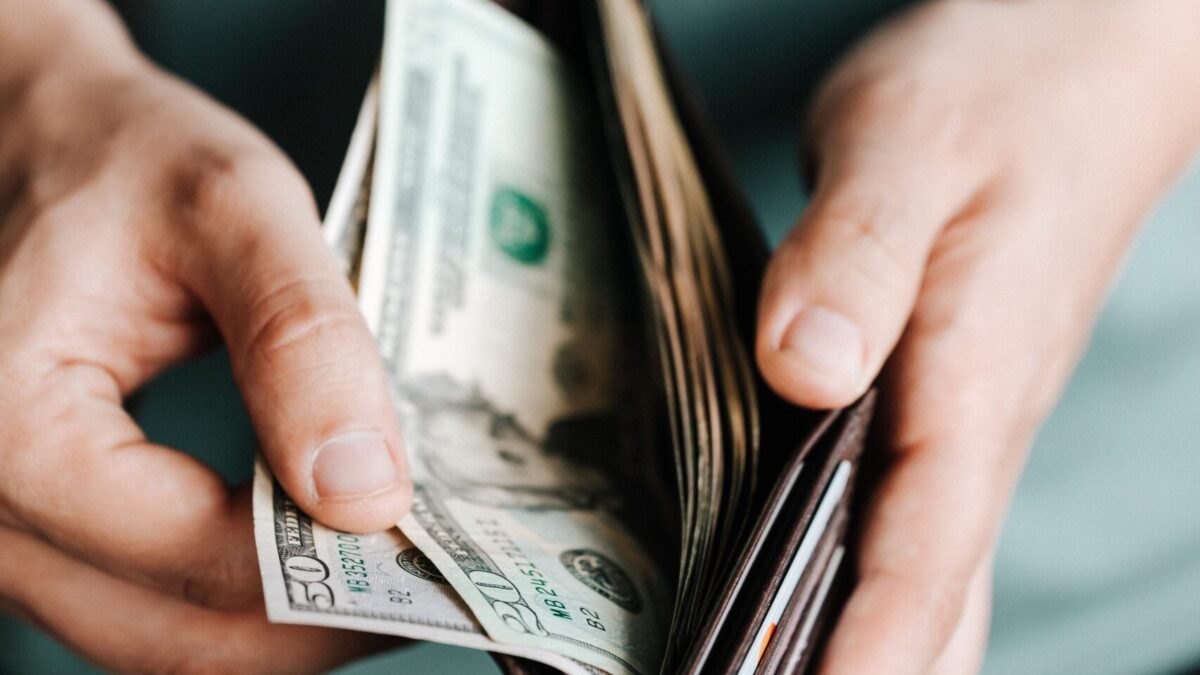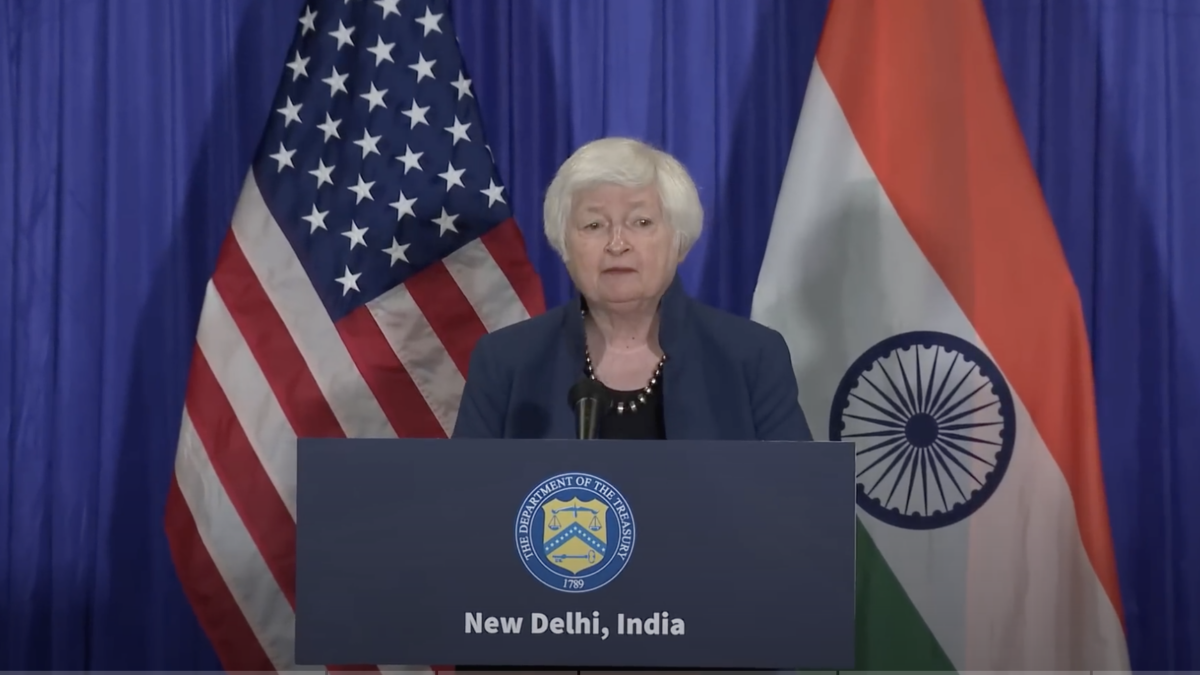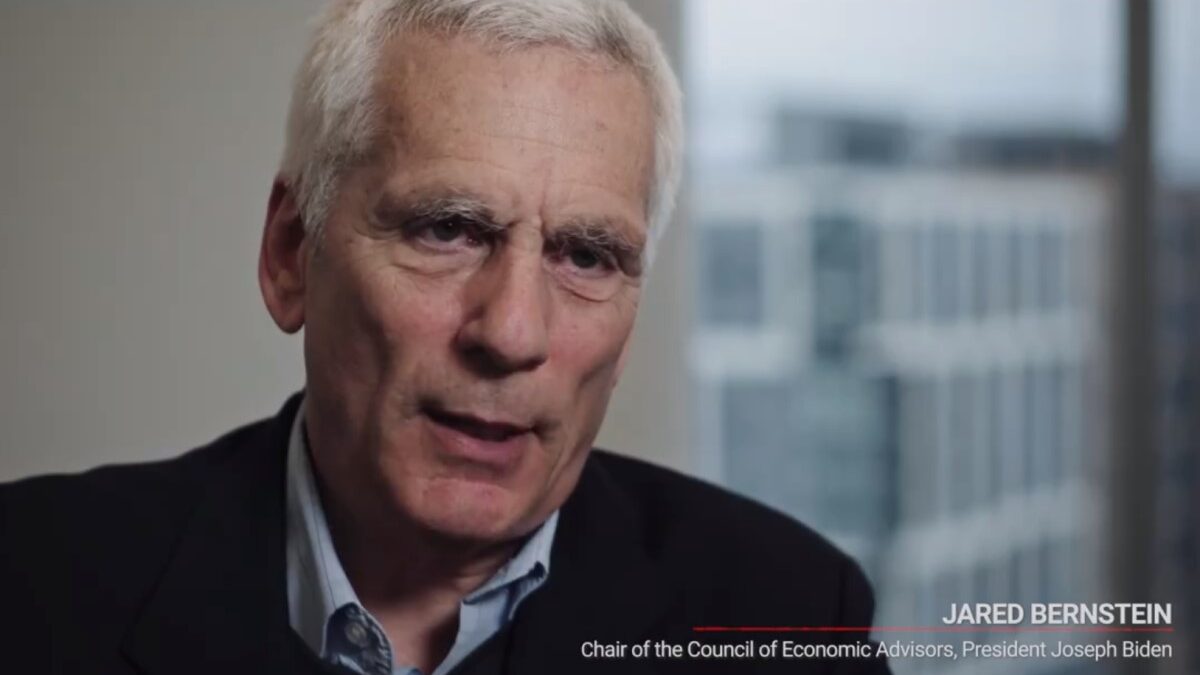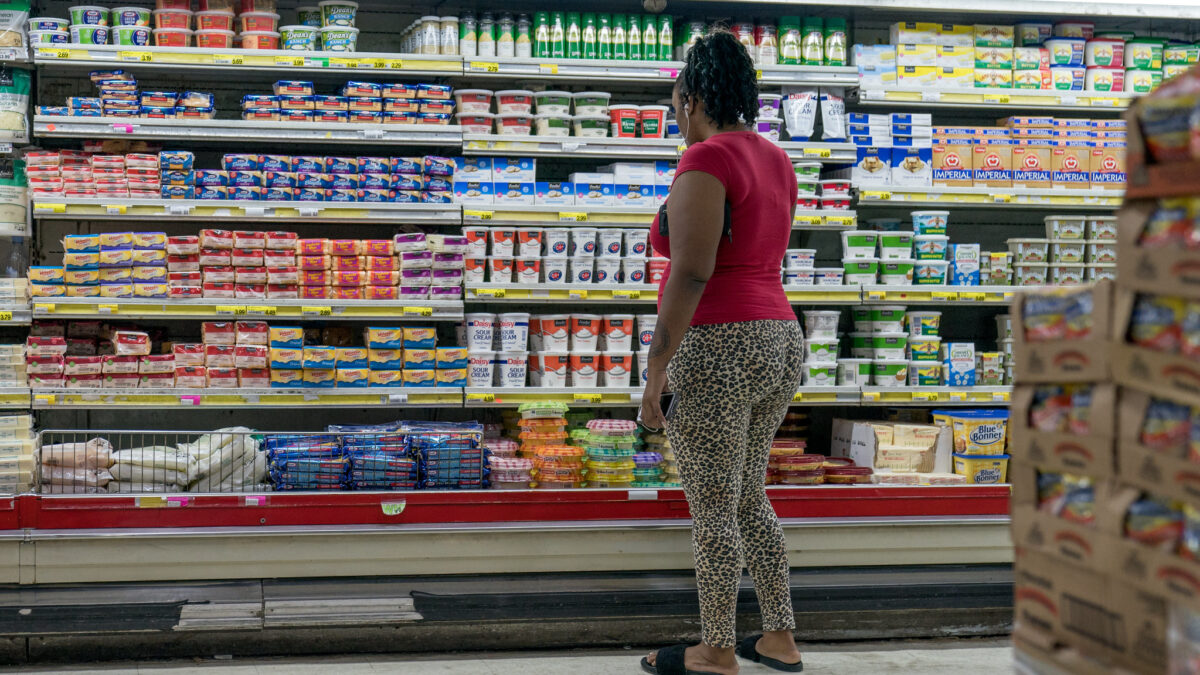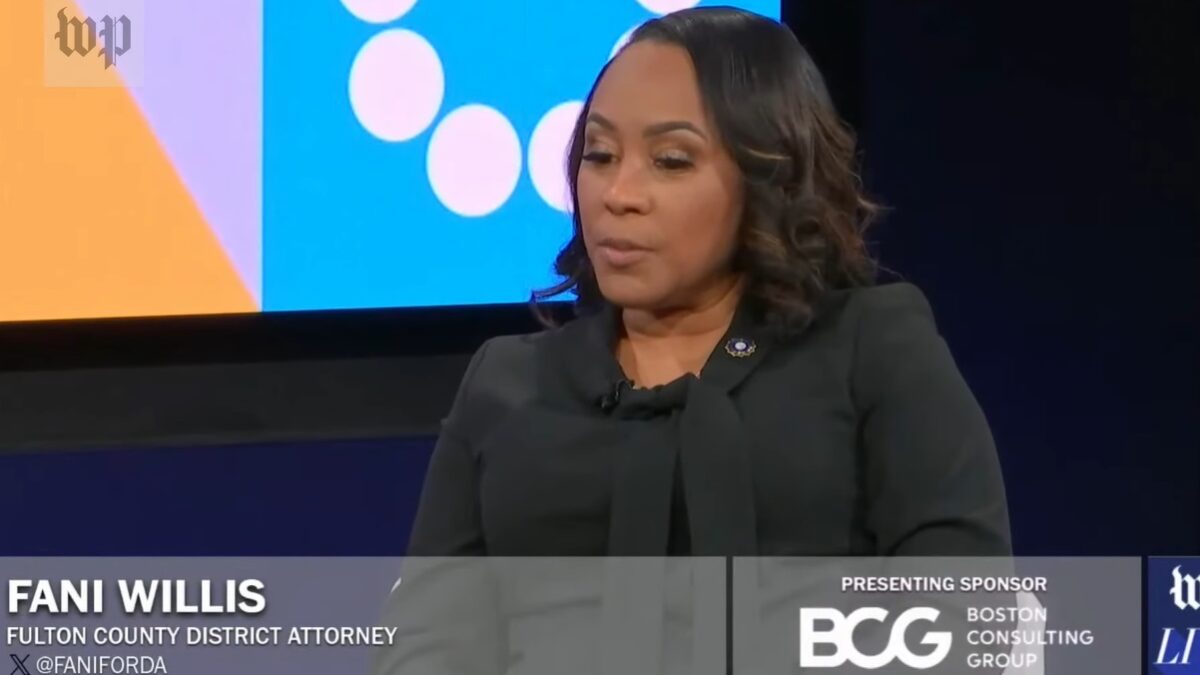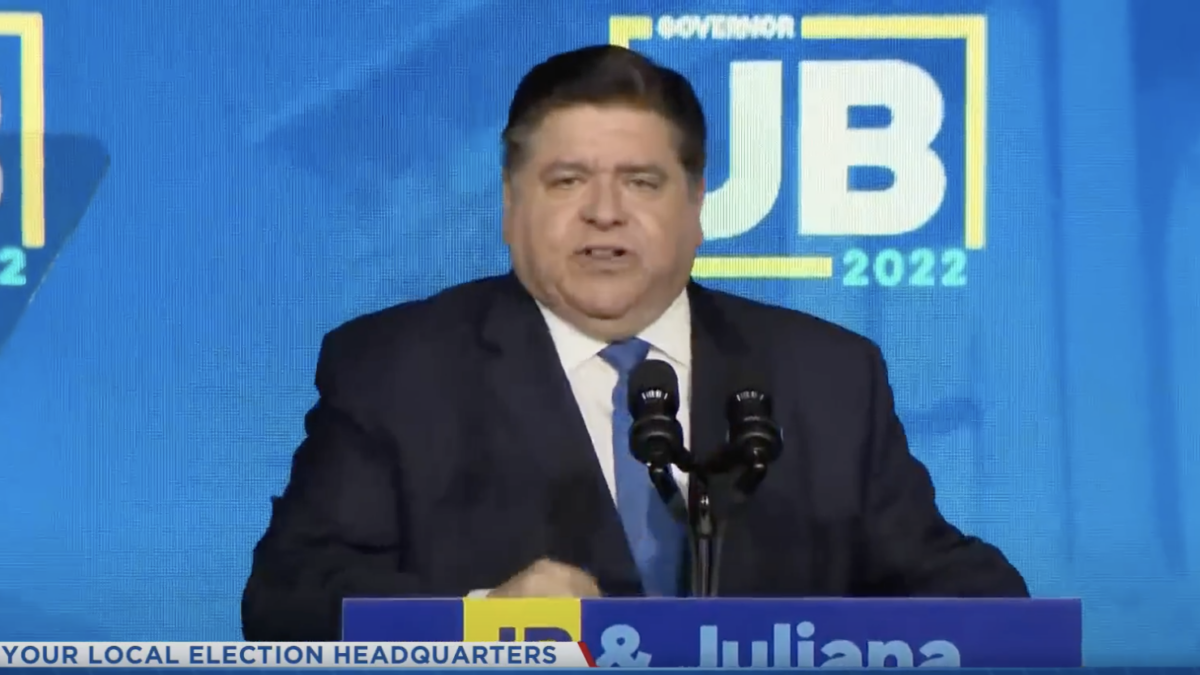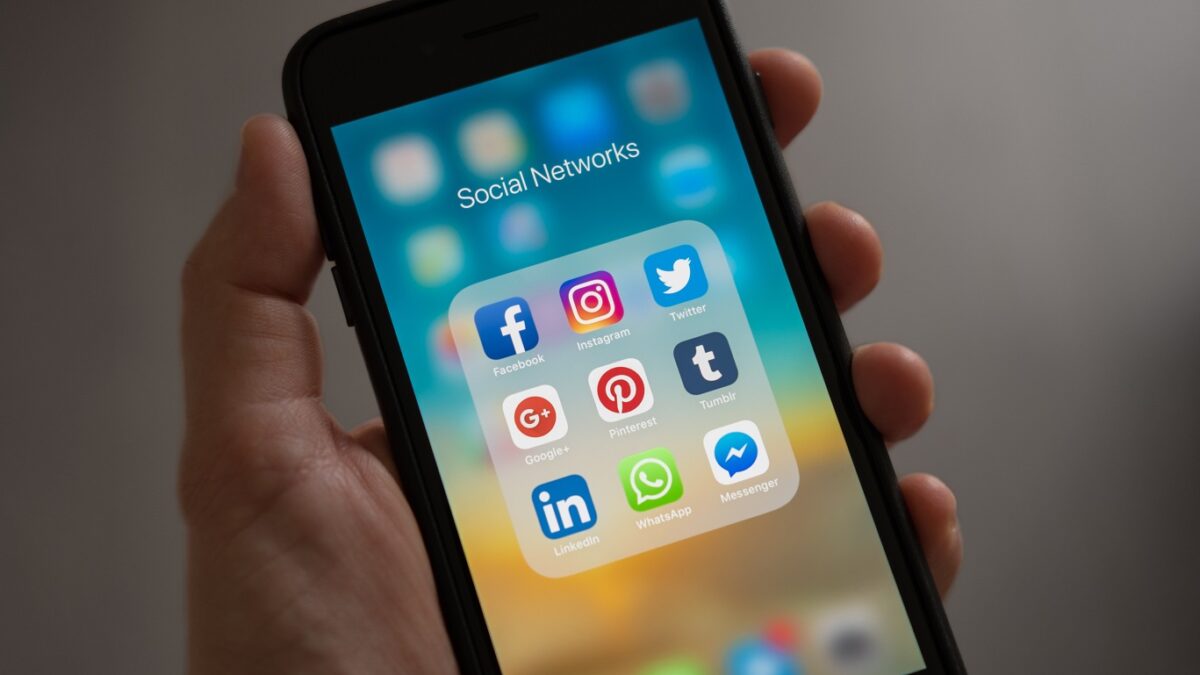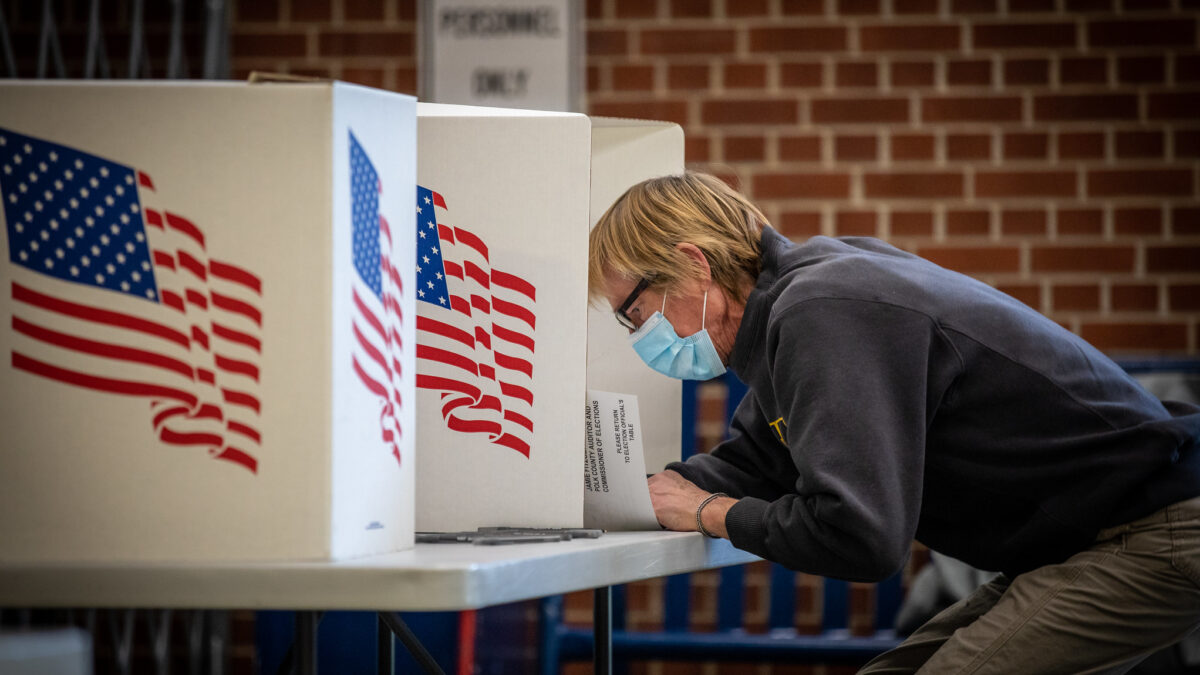When data showing consumers spent 7.5 percent more this Black Friday than they did last year debuted days after Americans partook in pricey Thanksgiving feasts, the White House and its allies pounced on the buying frenzy as an opportunity to boost its “Bidenomics” talking points. Polling, however, shows no amount of trickery by the Biden administration, Big Tech, or bozos in the media will convince Americans that their wallets are safe.
Council of Economic Advisers Chair Jared Bernstein claimed in a Sunday TV interview that Americans’ holiday spending habits are “driving the economy forward.”
“We are moving in the right direction. We’ve got more work to do for it to reach average Americans, who by the way, are telling us through their consumer behavior that they’re feeling pretty good about their own financial conditions,” Bernstein insisted.
Corporate media headlines also boasted of the increase in Black Friday spending as proof that Americans are “more willing to spend than in 2022, when gas and food prices were painfully high.”
“The consumer is back,” The New York Times triumphantly declared in its DealBook newsletter.
“Black Friday and today’s Cyber Monday shopping bonanzas hold outsize political significance this year with the retailing events emerging as key recession and inflation indicators,” the publication added.
But even the propagandists at the Times couldn’t help but wonder if the holiday spending spree is sustainable enough “to save retailers’ Christmas and keep the U.S. economy from contracting or even plunging into recession?”
Approximately $79 million of the $9.8 billion sales recorded on the infamous discount day were purchased using “buy now, pay later” options. The 47 percent increase in the use of flexible payment options suggests that Americans, who technically shelled out more on Black Friday purchases in 2023 than they did last year, still find it difficult to pay for those purchases in full.
Even with the promise of steep discounts and bargains, many consumers are too tied up buying food, gas, and other essentials, which become pricier nearly every month, to squander their income over one holiday weekend. Instead, buyers will rely on credit cards, which recently reached a record $1 trillion debt total, to support their annual overspending.
Blame Game
Biden’s economic adviser closed out his Sunday sitdown by declaring “We are moving on the right track.” But Americans overwhelmingly say the country under the Democrat regime is headed down the wrong track. Voters’ frustrations about Biden largely center on his handling of the economy.
There’s no doubt that American families’ financial predicaments are worsening. In October, 60 percent of American adults admitted that they are living paycheck to paycheck. Nearly half of U.S. voters said they blame Biden for their bare pocketbooks.
The White House is unashamedly scrambling to cover up inflation’s steady year-over-year climb and explain President Joe Biden’s plummeting poll numbers but its lies did not land well with Americans.
“Government data reports that show easing inflation are cold comfort, because they simply indicate prices are growing at a slower pace, not that they are returning to early 2020 levels,” Bloomberg warned in a recent economic analysis.
After corporate media like The Atlantic tried and failed to convince Americans that inflation was “cooling,” the president’s strategists are turning to Big Tech censors to help with the “Bidenomics” narrative cleanup.
In a Washington Post article lamenting complaints about a viral $16 McDonald’s meal as just “one of many exaggerated examples of the nation’s economic woes,” one Biden official admitted that the White House is “working with TikTok creators to tell positive stories of Biden’s economic stewardship, while also working with social media platforms to counter misinformation.”
A plurality of voters say the economy is their top issue going into the 2024 presidential election so it should come as no surprise that that the Biden administration, which has a track record of colluding with Big Tech companies to censor information ahead of elections, will do everything in its power to manipulate economic pessimism in coming months.
